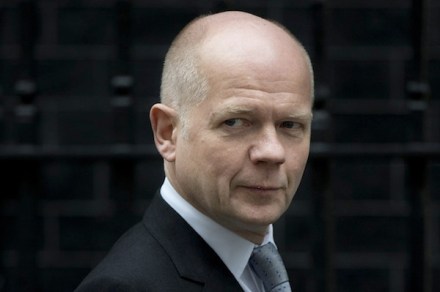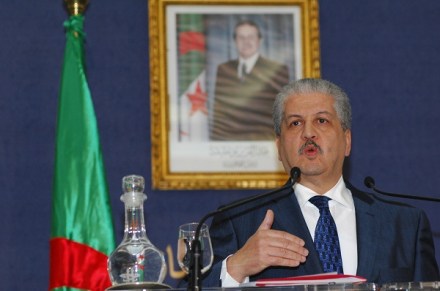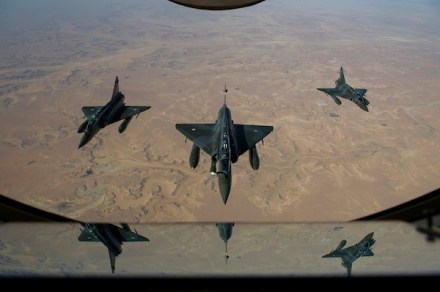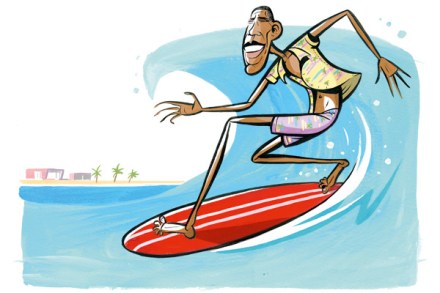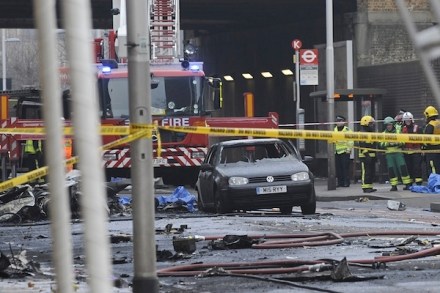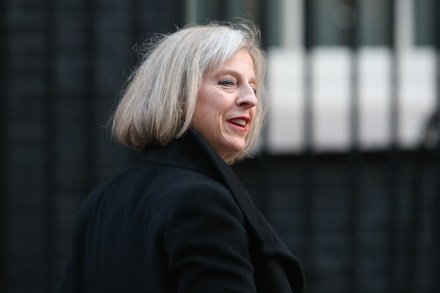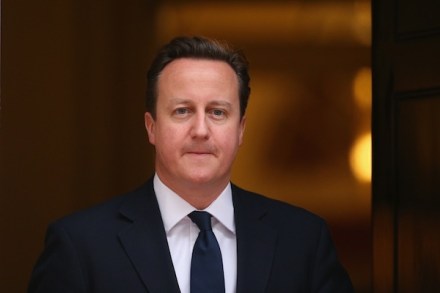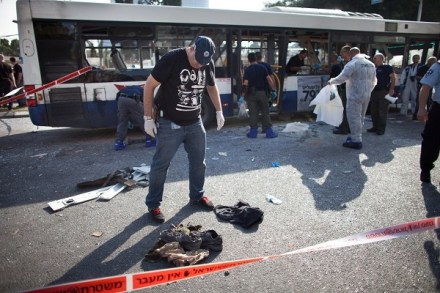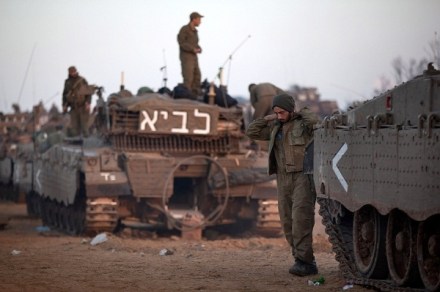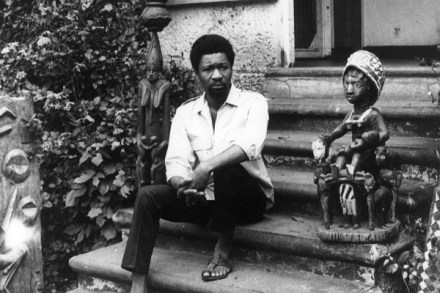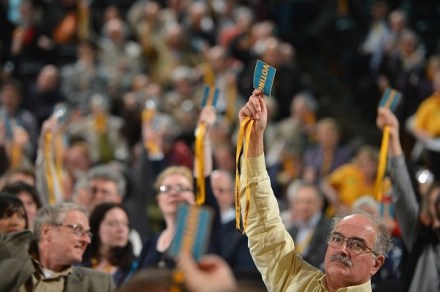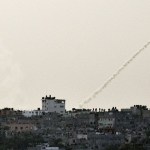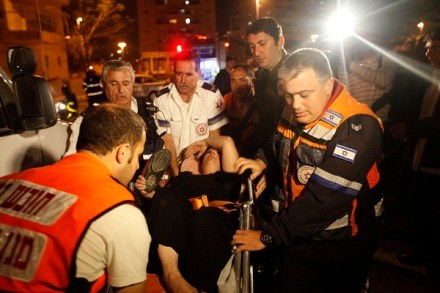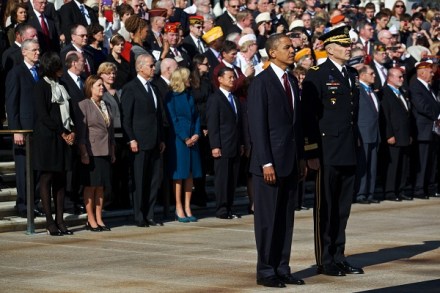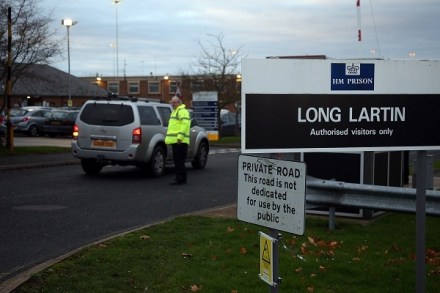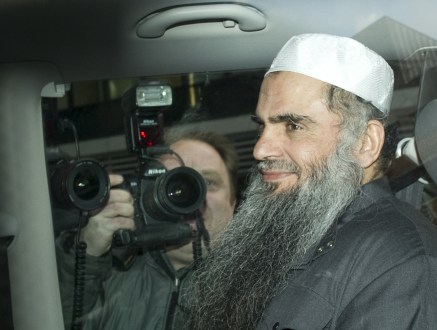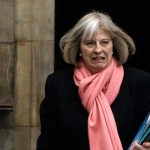William Hague: Somalia, Pakistan and Afghanistan is where the threat to the British homeland is coming from
On the Sunday Politics, William Hague confirmed that the greatest terrorist threat to the British homeland come from Somalia, Pakistan and Afghanistan. But he argued that without intervention, the Sahel could become as dangerous to Britain. Those hoping for Hague to put flesh on the bones of the government’s European strategy will have been disappointed. The Tory leadership remains determined not to give out anything akin to a renegotiation scorecard. When pressed by Andrew Neil on whether he would advocate leaving if only the status quo was on offer, Hague said that the government would have to ‘use our judgment at the time.’ On gay marriage, Hague reiterated his support
